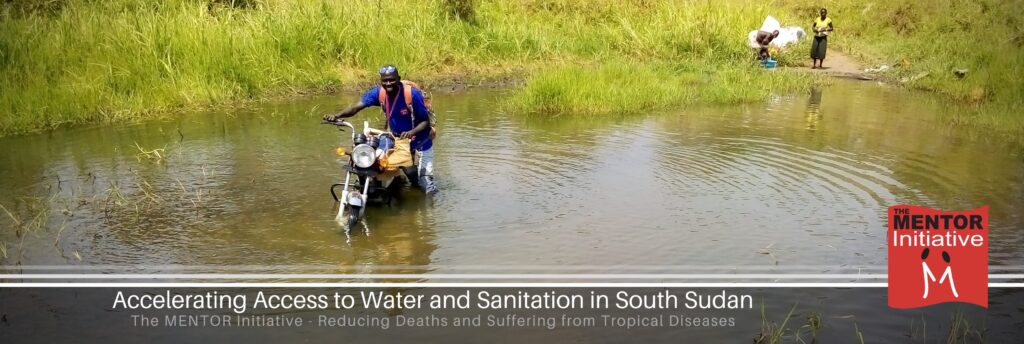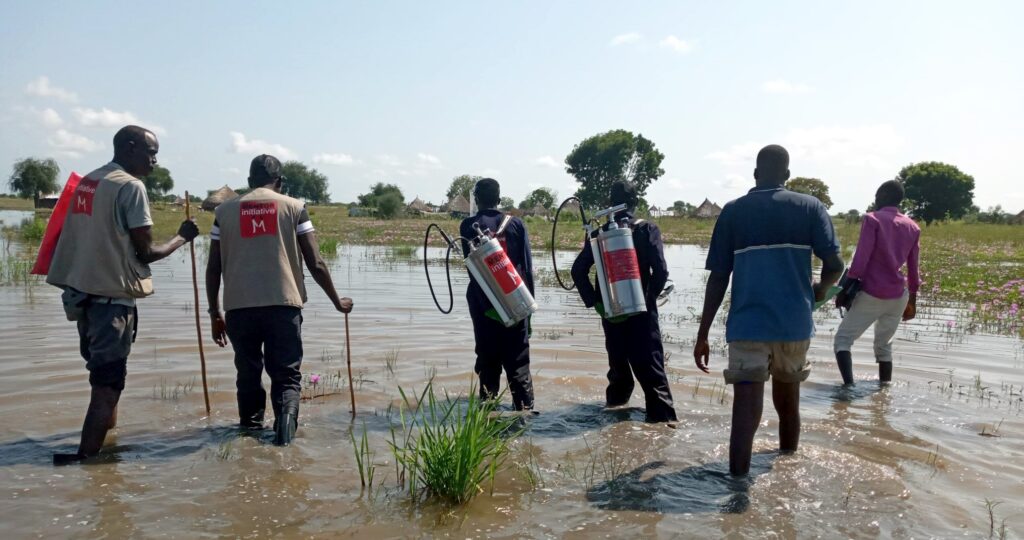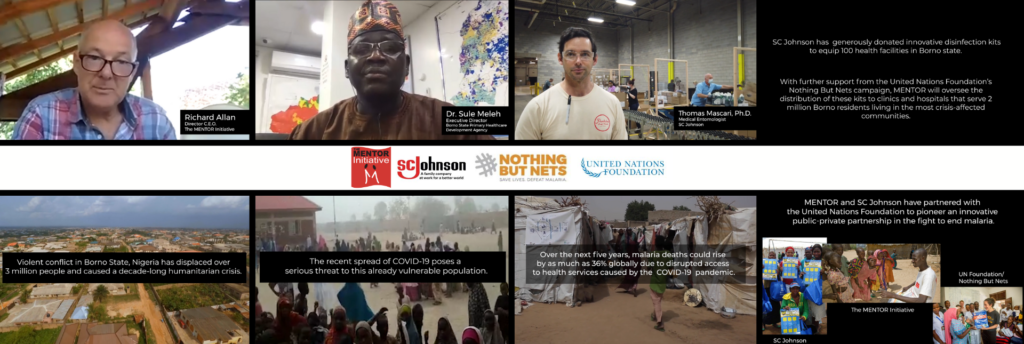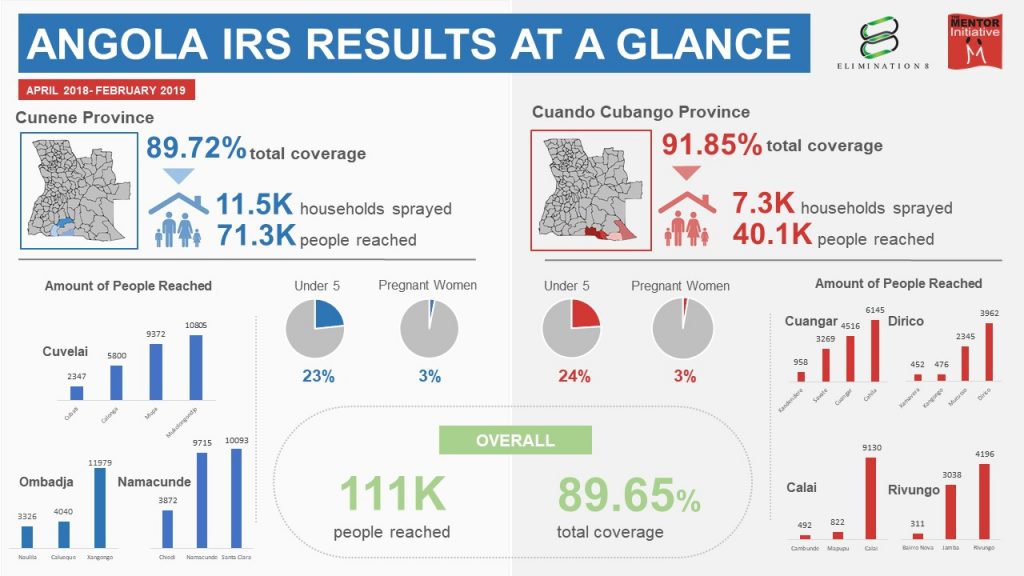Mapping Soil-Transmitted Helminths and Schistosomiasis in Angola: An Overview

Para ler em Português, clique aqui The MENTOR Initiative in collaboration with the Angolan National NTD Control Program, the Kirby Institute of the University of New South Wales Sydney, and the Expanded Special Project for Elimination Neglected Tropical Diseases (ESPEN), with support from The End Fund is working to understand the impact of a 5 […]
Accelerating Access to Water and Sanitation in South Sudan

Most regions of South Sudan are continuously affected by insecurity, flooding and violent conflicts resulting in exacerbated poverty, lack of infrastructure and a significant proportion of the population being continually displaced. This impedes the ability to transport materials and staff required to build Water Sanitation and Hygiene (WASH) infrastructures, and to reach the most vulnerable […]
World Water Day 2021

The MENTOR Initiative Support to Increase Access to Safe Drinkable Water in Angola According to the World Bank, only 55.8% of the population in Angola were using at least basic drinking water services[1]. The lack of access to water affects mostly rural populations and hampers access to water of school children in Angola. According to […]
Community Health in Central African Republic

The Central African Republic (CAR) remains one of the largest protracted humanitarian crises. In 2020, the Humanitarian Response Plan (HRP) for CAR stated that access to food, water and health were the three priority needs reported by affected communities. Conflict and displacement affect access to routine healthcare as health services are often attacked by armed […]
Delivering malaria control activities during extreme flooding – South Sudan

In recent months, South Sudan has experienced its most devastating floods in 60 years, with torrential rains ravaging several parts of the country. More than 1 million people across half of South Sudan have been affected by devastating flooding since July 2020 (1). Entire communities have fled to higher ground to escape the rising waters […]
South Sudan Success Stories: Operation of Disease Control Programmes During the COVID-19 Pandemic

Background Information The MENTOR Initiative has been active in South Sudan since May 2012, providing malaria and other Vector-Borne Disease (VBD) prevention and control as well as Water Safety and Hygiene (WASH) activities in target vulnerable locations. MENTOR’s yearly indoor residual spraying (IRS) of surface insecticide campaigns target every shelter in the camps as well […]
Supporting Frontline Health Workers in Nigerian Conflict Zones (with SC Johnson and Nothing But Nets)

This year, World Humanitarian Day (August 19) arrives at a time when COVID-19 is surging across Africa: more than 1 million cases have been reported, despite limited testing capacity. COVID-19 is starting to spread beyond Africa’s urban areas and now poses a serious threat to humanitarian settings such as refugee settlements and war-torn communities. Health […]
Ensuring safe health facilities in conflict settings during COVID-19: Borno, Nigeria

The conflict affected and health burdened state of Borno, Nigeria, is now reporting increasing COVID-19 cases, an outbreak which will continue to aggravate an already unimaginable situation for the people in the region and threatens to hamper all efforts at recovery from the existing health crises. In order to prevent the spread of COVID-19, as […]
Indoor Residual Spraying in Southern Angola

The entire Angolan population is at risk for malaria. In 2018 there were 3.8 million malaria cases and 16,000 malaria deaths in 2017.[1] Additionally, malaria in Angola accounts for 35% of mortality in children and 40% of pre-natal mortality.[2] Under the supervision and coordination of the National Malaria Control Program (NMCP), The MENTOR Initiative (MENTOR) […]
Officials during the World Handwashing Day celebration – Uige, Angola.

On Saturday October 14th, 2017 in the province of Uige, local communities of four municipalities celebrated the 10th World Handwashing Day, as facilitated by MENTOR and in collaboration with The End Fund and the Provincial Directorates of Education and Health (along with other government offices). Schools were the primary focus, with UNICEF declaring children to be […]
